UK economy grows 0.5% in October, but storm clouds gather
The latest data from the ONS showed the economy grew 0.5% in October, but shrank 0.3% in the three months to October

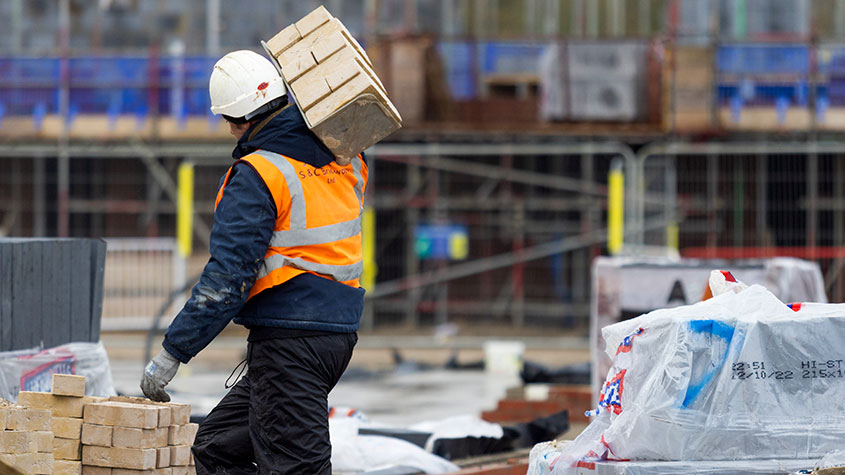
Get the latest financial news, insights and expert analysis from our award-winning MoneyWeek team, to help you understand what really matters when it comes to your finances.
You are now subscribed
Your newsletter sign-up was successful
Want to add more newsletters?
The latest data from the Office for National Statistics (ONS) shows that the UK’s economy grew 0.5% in October, returning to growth after a 0.6% fall in September. Despite these positive figures, many analysts still believe the UK is heading for a recession as September’s figures were affected by the extra bank holiday following the Queen’s funeral.
“October’s rebound is a false dawn for the economy as it mostly reflects the favourable comparison with September when activity was suppressed by the Bank Holiday for the Queen’s funeral,” said Suren Thiru, economics director at the Institute for Chartered Accountants of England and Wales.
“The positive start to the fourth quarter may not prevent recession with the growing squeeze on incomes likely to drive falls in GDP in November and December, despite a possible boost to consumer activity from the World Cup,” said Thiru.
Try 6 free issues of MoneyWeek today
Get unparalleled financial insight, analysis and expert opinion you can profit from.

Sign up to Money Morning
Don't miss the latest investment and personal finances news, market analysis, plus money-saving tips with our free twice-daily newsletter
Don't miss the latest investment and personal finances news, market analysis, plus money-saving tips with our free twice-daily newsletter
GDP fell 0.3% in the three months to October compared to the previous quarter.
Why did the UK economy grow?
The services sector mainly drove the 0.5% growth in gross domestic product (GDP). It grew by 0.6% in October following a fall of 0.8% the previous month.
While production remained flat, construction grew by 0.8%. That’s the sector’s fourth consecutive increase following growth of 0.4% in September, 0.6% in August and 0.2% in July.
Despite the seemingly positive figures, the Bank of England warned last month that the UK was probably already in a recession, adding that the country faced its biggest economic slowdown in decades.
The bank has been raising interest rates as it attempts to bring inflation under control. However, this has slowed down economic activity and harmed growth.
It’s also expected the Bank will raise rates again when it meets on Thursday. Currently, the base rate sits at 3%, its highest level since 2008. It’s speculated that the bank will increase it by 0.75%.
“The determined pursuit of sharply lower inflation in the UK is chasing away growth, with the economy set to run smack into recession,” said Susannah Streeter, senior investment and markets analyst, at Hargreaves Lansdown.
“The monthly rise of gross domestic product of 0.5% in October is likely to have been more of a temporary upswing rather than the start of a more positive chapter for the economy,” she continued.
What does this mean for you?
Most experts seem to agree that last month’s growth is more to do with the rebound from September’s temporary slump than anything else.
“Today’s number does little to change the grim outlook for the UK economy. Markets still expect a recession early next year. Demand is set to be weak, as high energy prices persist and winter has really just begun,” said George Lagarias, Chief Economist at Mazars.
“Meanwhile, the jobs market is projected to remain tight for months, and thus inflation persistent, until new workers have been trained appropriately to reduce the mismatch between the skills required and those available,” says Lagarias.
“Despite October’s growth, it would take a significant turnaround in policymaking and/or global conditions to change the downward British economic trajectory.”
There’s also the threat of further interest rate hikes. Rising interest rates will not only slow down the economy but will also mean higher borrowing costs, affecting those with mortgages and businesses which want to expand.
While mortgage rates have come off the highs seen after the disastrous mini-budget, they still remain high by the standards of the past five years at 5.99% for the average two-year fix and 5.74% for the average five-year fix.
These higher rates are already having a chilling effect on the property market.
Rightmove’s latest house price index showed a 2.1% decrease in average asking prices, while last week Halifax’s house price index revealed prices had fallen by 2.3% in November, their biggest drop since 2008.
Still, rising rates mean good news for savers. Banks are offering better rates on savings accounts, making now a good time to take advantage of the best deals on the market.
Get the latest financial news, insights and expert analysis from our award-winning MoneyWeek team, to help you understand what really matters when it comes to your finances.
Nic studied for a BA in journalism at Cardiff University, and has an MA in magazine journalism from City University. She has previously worked for MoneyWeek.
-
 Do you face ‘double whammy’ inheritance tax blow? How to lessen the impact
Do you face ‘double whammy’ inheritance tax blow? How to lessen the impactFrozen tax thresholds and pensions falling within the scope of inheritance tax will drag thousands more estates into losing their residence nil-rate band, analysis suggests
-
 Has the market misjudged Relx?
Has the market misjudged Relx?Relx shares fell on fears that AI was about to eat its lunch, but the firm remains well placed to thrive
-
 Why investors can no longer trust traditional statistical indicators
Why investors can no longer trust traditional statistical indicatorsOpinion The statistical indicators and data investors have relied on for decades are no longer fit for purpose. It's time to move on, says Helen Thomas
-
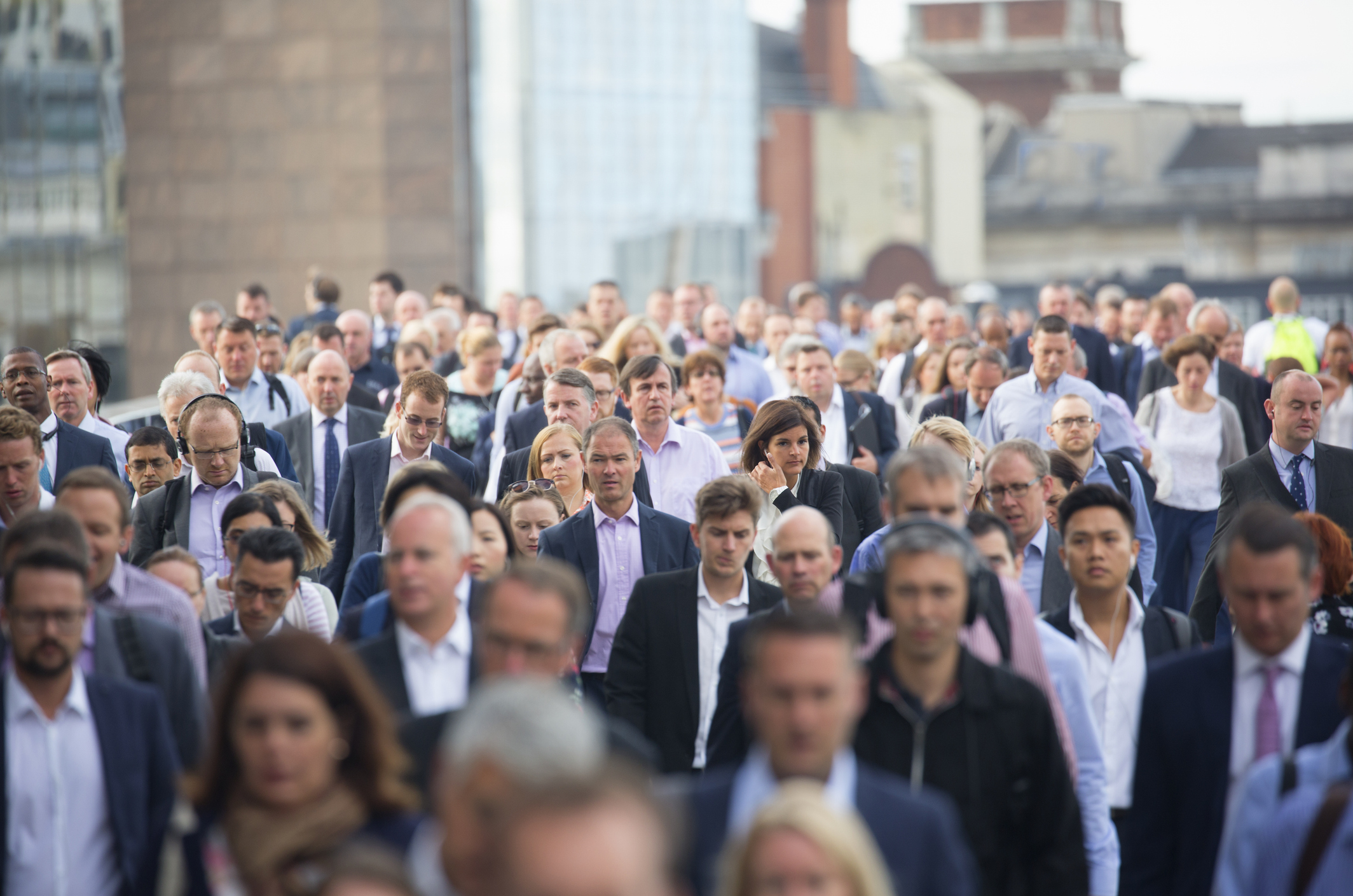 Unemployment remains at five-year high as wage growth continues to slow
Unemployment remains at five-year high as wage growth continues to slowUnemployment in the UK held at 5.1% in the three months to November as wage growth fell again month-on-month.
-
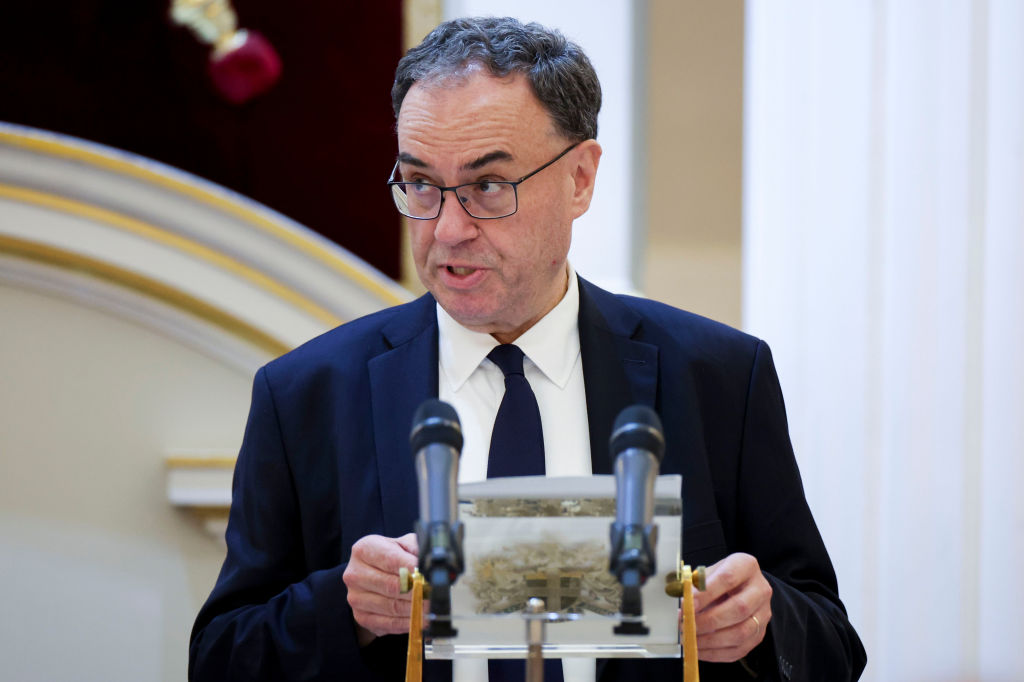 Is the Office for National Statistics fit for purpose?
Is the Office for National Statistics fit for purpose?Britain’s statistics authority, the Office for National Statistics, is increasingly unfit for purpose. Why, and what can be done?
-
 UK inflation forecast: where are prices heading next?
UK inflation forecast: where are prices heading next?UK inflation fell sharply in January. Is price growth expected to fall further in 2026, and when will inflation go back to the 2% target?
-
 Uncertainty ahead of the Budget causes house price growth to stall, says Rightmove
Uncertainty ahead of the Budget causes house price growth to stall, says RightmoveProperty website Rightmove says asking prices increased by just 0.3% in October, well below the 1.3% average for the month
-
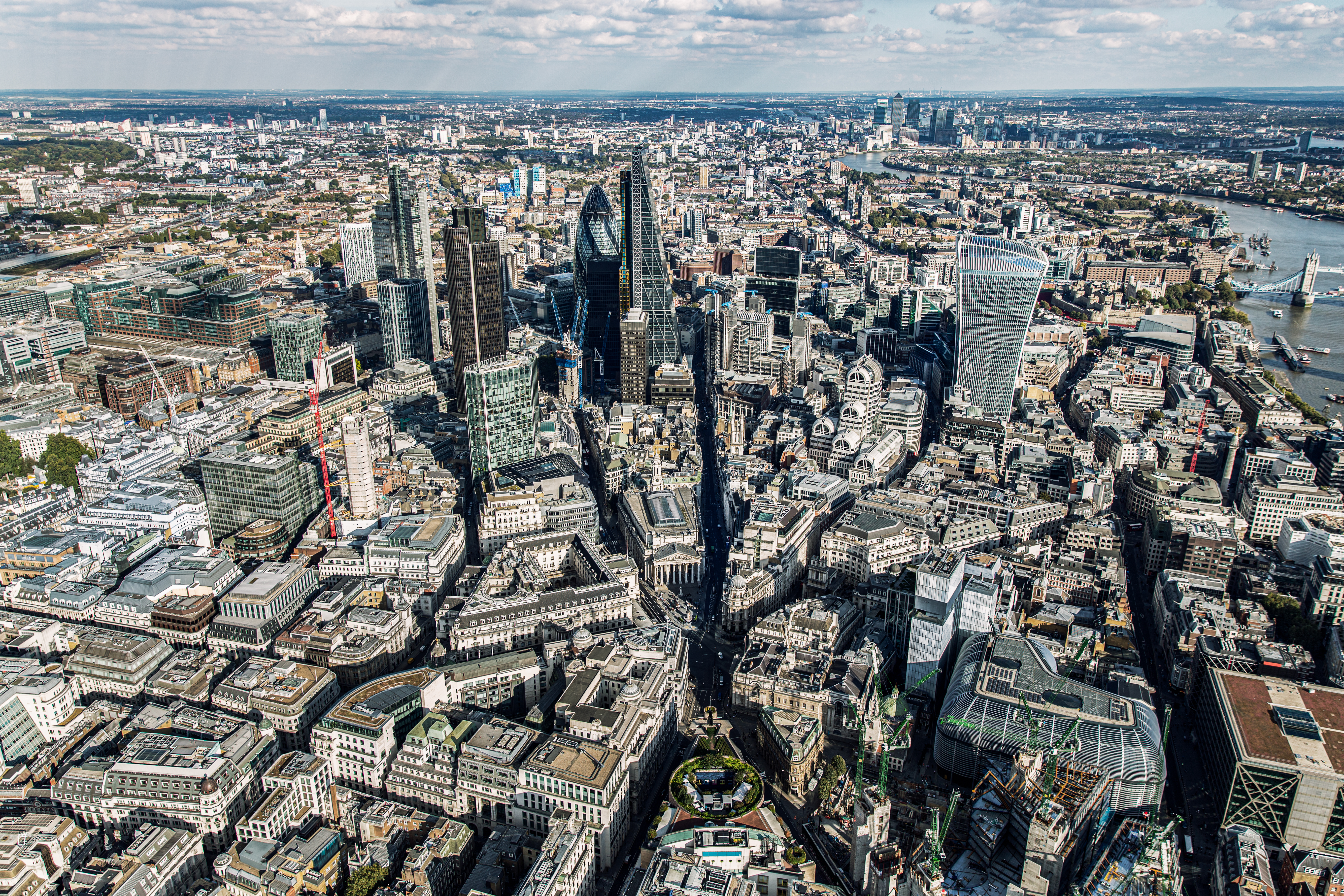 ONS: UK economy grew by ‘lacklustre’ 0.1% in final quarter of 2025
ONS: UK economy grew by ‘lacklustre’ 0.1% in final quarter of 2025The construction sector performed its worst in more than four years in the final quarter of 2025, the latest Office for National Statistics (ONS) GDP figures show
-
 UK inflation: What are the Consumer Price Index release dates?
UK inflation: What are the Consumer Price Index release dates?The UK’s inflation reports are published monthly. When do they come out and where are prices heading?
-
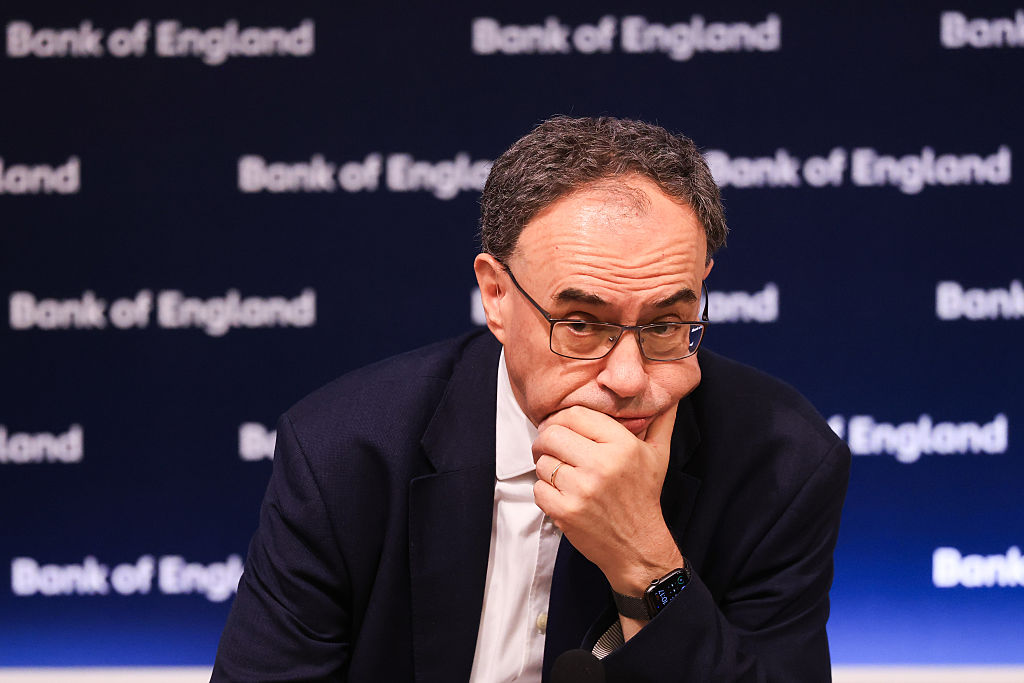 When is the next Bank of England base rate meeting?
When is the next Bank of England base rate meeting?The Bank of England held interest rates at 3.75% in February 2026. When is the next Monetary Policy Committee meeting and will interest rates fall further this year?
